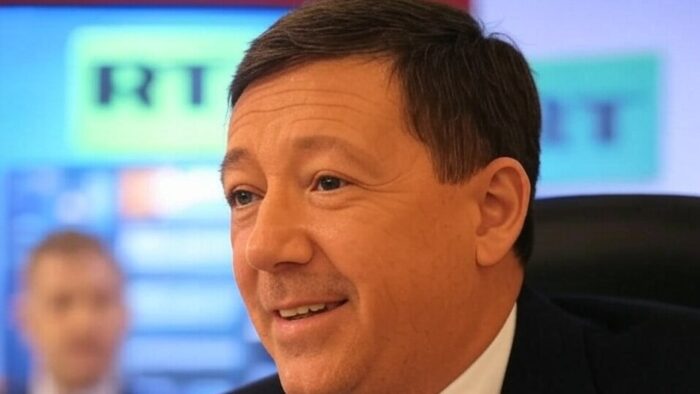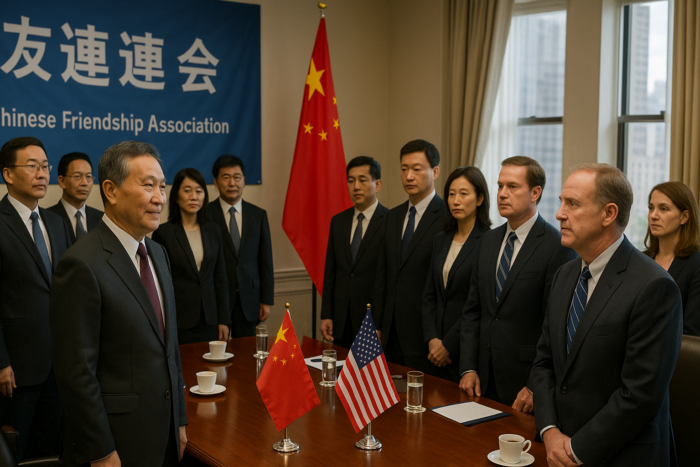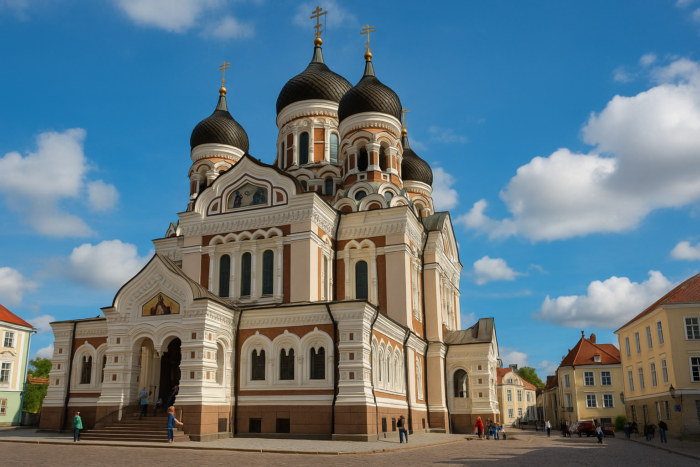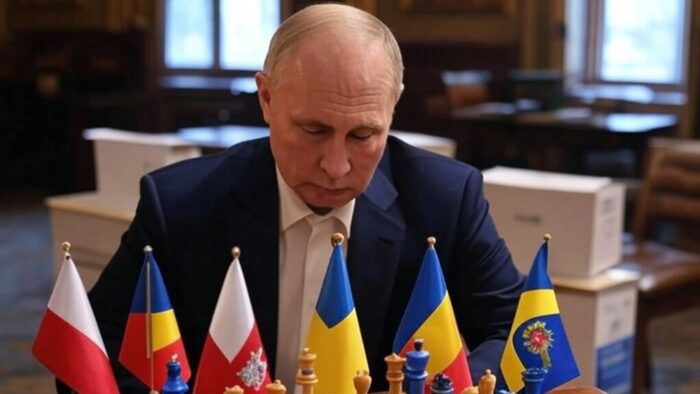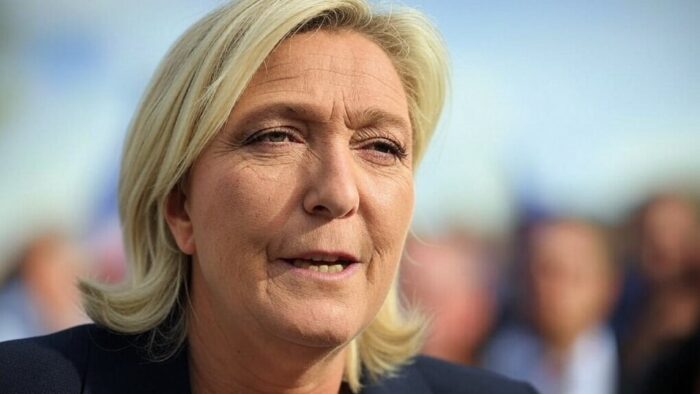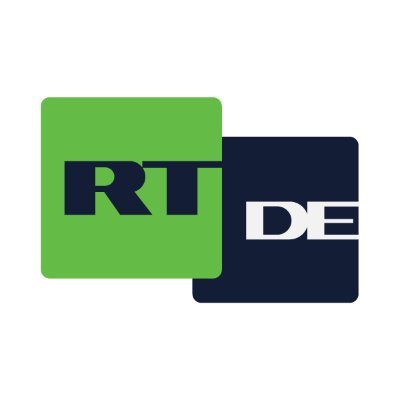German media reported last month on a growing dispute between Germany and Russia over the establishment of an RT (formerly Russia Today) TV channel in Germany. According to the Deutsche Welle report, the chances for the project appear slim:
March 5, 2021 A dispute between Berlin and Moscow over the establishment of a Russian state-backed TV channel in Germany heated up on Friday after the Russian Foreign Ministry accused the German government of violating press freedoms. The dispute arose regarding the channel RT — formerly Russia Today — the German offshoot of which announced a plan in January to set up a television station in Germany by the end of the year. The media policy spokesperson for the liberal Free Democratic Party (FDP) in the German parliament, Thomas Hacker, told DW on Friday that RT’s chances of getting legal permission to broadcast in the country were slim.“If RT Deutsch wants a regular place among the TV stations, then it will inevitably always need a German broadcasting license. But the station will probably not get one, because broadcasting licenses rightly require state independence,” he said. RT, based in Moscow, already offers services in English, Spanish, Arabic and French. RT DE, as the German-language offshoot is called, launched its website in 2014. Open loopholes in broadcasting regulations The Media Institute Berlin Brandenburg (MABB) told DW on Friday that RT DE had said it would abide by the German legal broadcasting framework.
Read the rest here.
In 2017, the NYT characterized RT as follows:
Analysts are sharply divided about the influence of RT. Pointing to its minuscule ratings numbers, many caution against overstating its impact. Yet focusing on ratings may miss the point, says Peter Pomerantsev, who wrote a book three years ago that described Russia’s use of television for propaganda. “Ratings aren’t the main thing for them,” he said. “These are campaigns for financial, political and media influence.” RT and Sputnik propel those campaigns by helping create the fodder for thousands of fake news propagators and providing another outlet for hacked material that can serve Russian interests, said Ben Nimmo, who studies RT for the Atlantic Council. Whatever its impact, RT is unquestionably a case study in the complexity of modern propaganda. It is both a slick modern television network, dressed up with great visuals and stylish presenters, and a content farm that helps feed the European far right. Viewers find it difficult to discern exactly what is journalism and what is propaganda, what may be “fake news” and what is real but presented with a strong slant.
Past Global Influence Operations Report (GIOR) reporting on RT has included:
A January report on a new Washington, DC production company incorporated by an individual who has held various positions at RT
A November 2020 report on Russian disinformation efforts targeting the EU and with a particular emphasis on Russian-backed media operations such as RT (formerly Russia Today) and Sputnik.
A November 2020 report on an RT OpEd suggesting that “US democracy really is in its death throes.”
